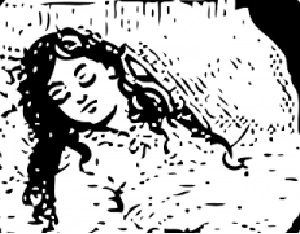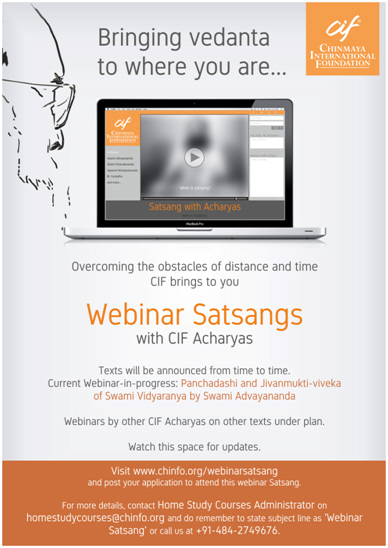(Under part 4 of my ‘Review of article on Shankara’ 9 ‘thoughts’ or
comments were made, the last one on May 8th, 2013. Following that,
Peter and I continued our dialogue, which took us in different
directions, resulting in a 12 page thread. We both thought that our discussion might merit publication in AV. Quite sadly, Peter passed away one week after he wrote his last reply within our exchange. This is the first part, to be followed sequentially).
Martin (M) – How interesting that myths (different from ‘mithya’) give rise to different interpretations, perhaps mostly due to one’s cultural background and held views on life, etc. When you say ‘literal’, in this context, I understand something like an interesting story, mostly for children; but if myths say something about man’s life, his struggles, aspirations, etc., how can they be just nice, imaginative stories? (‘literal’ x2 is for those who believe – in the recounting of The Garden of Paradise – that that is how it actually happened; I don’t count you among them, of course).
About your points (Peter’s (P):
- Right, not unity, but union (Creator/creature, lover/beloved, etc.); therefore bhakti, with its bond of love and surrender on the part of the creature – which can lead to a state of unity (advaita) once Knowlege or realization has dawn. No?
- a) “with us” is not plural; it is first person singular when the subject is God, a king, or someone in authority speaking for the law or from a chair of authority, which is impersonal. If you have the KJ version of the Bible, it reads: “man is become as one of us, to know good and evil” Gen., 3, 22.
b) P: “Before Adam was ‘one with’ God, (i.e. before he knew right from wrong), what was he?” My (M) answer: ‘one of us’ sounds rather sarcastic, No? Yes, man knew duality by his ‘individualistic’ act, but was not like God; this cannot be the meaning of the Hebrew Bible (Old Testament). With the New Testament, things are no longer oppressive, based on fear and ‘the law’: Jesus brings liberation through knowledge, love, and compassion, and man is seen as theomorphic (capable of assuming his divinity in Oneness). cf. St. John’s Gospel and the Gnostic Gospel of Thomas.
- a) M: The serpent “presaging Jesus”? At one time Jesus said: “you must be wise as serpents”, meaning to discriminate between acts (and people), but, other than that, the serpent is ‘the Tempter’ and the representation of evil (egotism?), and henceforth there will be enmity between it and mankind (“it shall bruise thy head, and thou shalt bruise his heel” (Gen., 3,15).
b) P: “what’s wrong with having the knowledge of right and wrong?”.
M: ‘Seeing’ duality everywhere*, precisely – the pairs of opposites – and thus becoming judgmental and stuck in that limited, constricted vision, the consequence being the loss of Paradise in union with God. “You will be like gods” was the promise of the serpent. Duality (plurality) pertains to the dimension of God or Ishvara (‘I’ and ‘other’, heavens, hells, etc.). Right and wrong belong to thinking (vritti/s), as you well know, and it can be a problem unless you just observe it as such (i.e., an object for Consciousness). Did the couple know that they were immortal? I don’t know, and probably they did not know either. Continue reading →
 Four years, four weeks and a fortnight ago exactly to this day, we discussed Deep sleep in these columns.
Four years, four weeks and a fortnight ago exactly to this day, we discussed Deep sleep in these columns.




